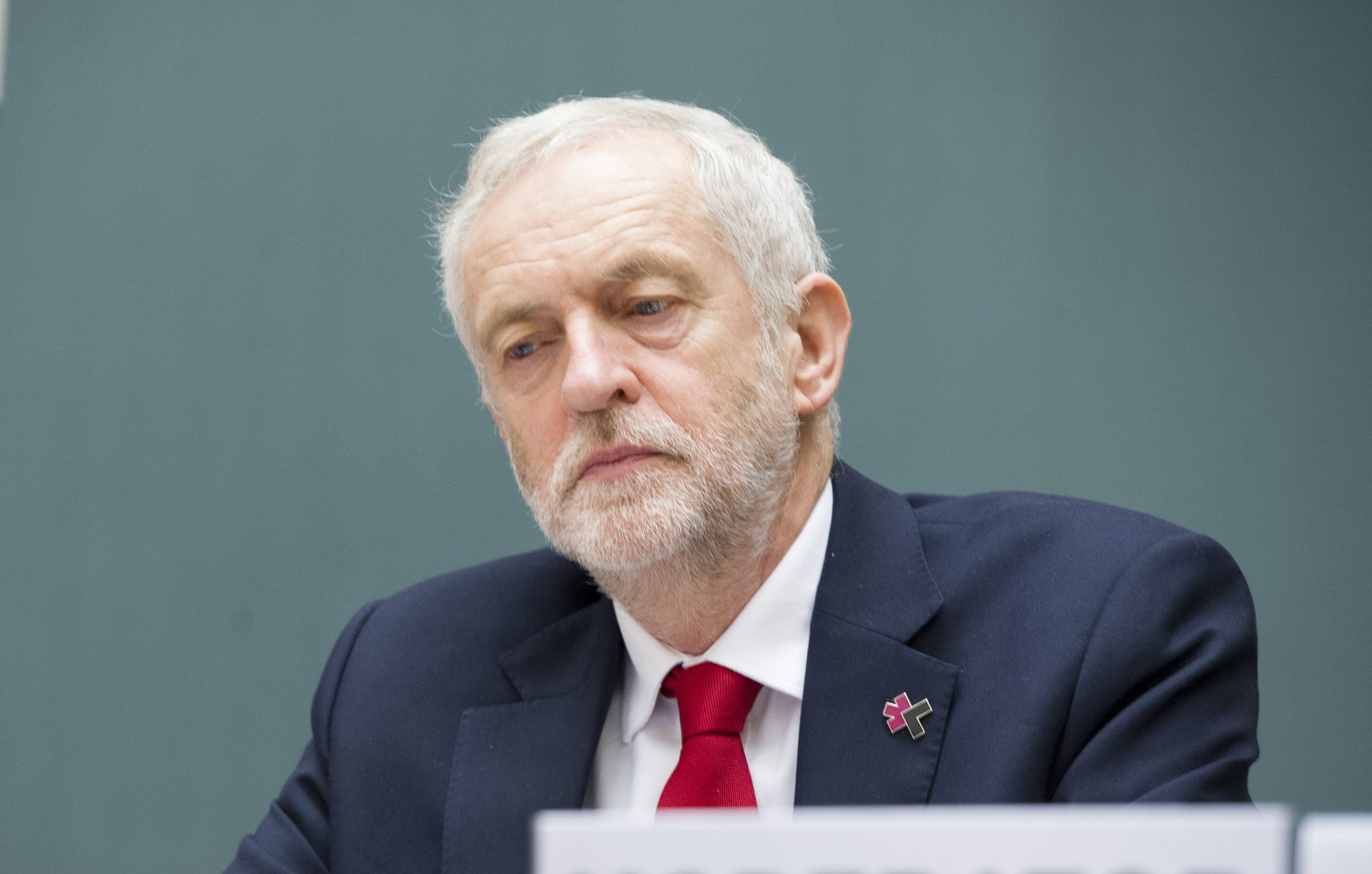Labour’s Obligation to Peace Between Israel and Palestine Starts by Rejecting the IHRA Examples
by Aaron Bastani
17 August 2018

In 2016 the Labour party accepted the International Holocaust Remembrance Alliance (IHRA) definition of antisemitism. This summer it went further, admitting word-for-word eight of the eleven examples alongside that definition, while adding to the other three in its new code of conduct. Those modifications led to swift condemnation, and with Jeremy Corbyn now hinting compromise, wholesale acceptance seems likely.
In truth only one of those examples is a stumbling block in any accommodation. This is the claim that stating Israel is a ‘racist endeavour’ denies Jews their right to self-determination and, as a result, is evidence of antisemitic bigotry.
The nature of the debate principally understands racism as an issue of rhetoric, with limits to free speech necessary to safeguard a minority. It’s unsurprising, then, that the response from those opposed to the IHRA examples view them as limiting justified criticism of Israel’s actions.
But that is wrong. What’s at stake is not a space for competing interpretations of fact – for discussion and debate as Corbyn calls it – but the truth. Israel was indeed founded on racism, massacres and the intentional displacement of an entire people – that is a matter of historical record. To say Israel is a racist state is not a political right, it is a moral obligation. No matter how seemingly inexpedient.
Israel’s genesis was the immediate aftermath of the second world war. Britain, critically weakened, remained in charge of governing Palestine – its mandate since 1923. European Jews had fled there in their thousands before and during the war, and following the eventual defeat of Nazism their numbers grew dramatically. The dream of a Jewish state finally seemed possible.
An insurgent nationalism underpinned paramilitary organisations such as the Irgun, Lehi and Haganah, all of which engaged in armed struggle against a much-weakened imperial apparatus. This created a volatile political situation, and between 1944 and 1948 more than 300 British soldiers, police officers and civilians were killed. The highpoint of this violence was the bombing of the King David Hotel, one of the deadliest terrorist attacks of the twentieth century. On 22 July 1946, the Irgun – an organisation which counted future Israeli prime minister Menachem Begum amongst its members – killed 91 people (17 were Jewish) and injured a further 45. This atrocity was later commemorated at the site with a plaque.
The Lehi, also known as the Stern Gang, was more precise in its use of violence. In November 1944 it assassinated Lord Moyne – then British minister for the Middle East. The same group would later murder the Swedish diplomat Folke Bernadotte in 1948 – then UN mediator in Palestine. The future prime minister of Israel, Yitzhak Shamir, played an active role in both assassinations.
Such a situation was clearly unsustainable, particularly given Britain’s beleaguered position as a global player. In late 1947 colonial secretary Arthur Creech-Jones announced the British mandate would be terminated the following May. That was primarily a response to events of a fortnight earlier when the newly-created UN passed a plan to partition Palestine into separate Jewish and Arab states. On the day that mandate was to expire however – on 14 May 1948 – Israel unilaterally declared its independence as a sovereign nation.
That had been anticipated for a long time, and with Haganah, Irgun and Lehi attacks rising – the Deir Yassin massacre of the month before offering the most bloody example – more than 200,000 Palestinians fled their homes before British forces even departed. By September 1949, the UN estimated that figure to have risen significantly, with 711,000 Palestinians displaced outside the country and tens of thousands rendered “internal refugees”. As the historian Ilan Pappe writes: “In a matter of seven months, five hundred and thirty one villages were destroyed and eleven urban neighbourhoods emptied […] mass expulsion was accompanied by massacres, rape and imprisonment of men”.
This was, according to a number of respected Israeli historians, tantamount to ethnic cleansing. In its declaration of independence Israel made no mention of its new borders – despite the UN’s proposal of a year earlier. The reason? To take far more of what was set to be Palestine than had been internationally agreed, by force if necessary. It is deeply ironic that the foundation of Israel would have been impossible without things – specifically non-state violence – now used to de-legitimise the cause of Palestinian self-determination.
Indeed even where such things remain unproven – as with the claim that two of those buried in Tunis, Salah Khalaf and Atef Bseiso, were involved in the Black September group (both were senior Palestine Liberation Organisation (PLO) commanders) this is insufficient. Even though Corbyn went to commemorate dozens of people killed by Israel in an extrajudicial killing in 1985 – which, at the time, was condemned around the world – the message from the media in their response was clear: all Palestinians killed by Israel are terrorists and none of their deaths should be mourned. Not only does Israel decide on who lives and dies – and all without courts or evidence – but even how they will be remembered.
Since the Balfour Declaration a century ago, Britain has been a critical player in rendering the Palestinian people invisible. In a situation where two groups have legitimate but conflicting claims, but where only one has power, seeking justice means more than ‘bringing both sides to the table’ – it demands giving the weak more leverage with which to bargain. That means, in the context of the IHRA, to insist on a fundamental reality: it is not an opinion to say Israel was founded on violence, racism and ethnic cleansing, it is a historic fact. Labour’s proposed code of conduct should be refined, not discarded.